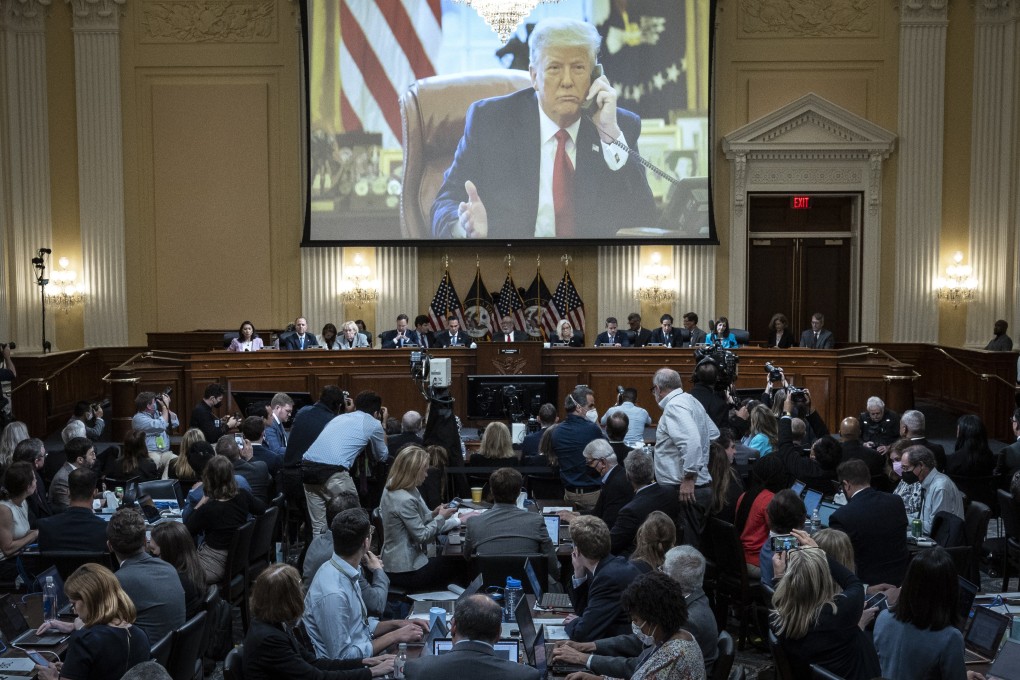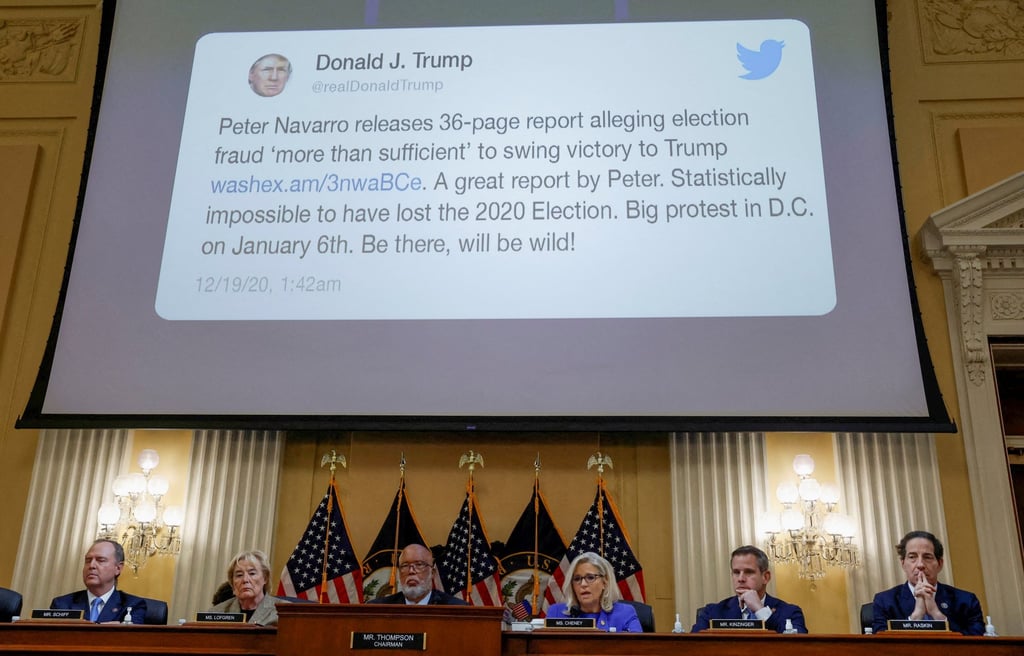On Balance | January 6 hearings put Trump and his autocratic ambitions at the heart of Capitol attack
- Many were expecting the investigation into the 2021 attack to simply repeat the obvious – that Trump lied to try to stay in power – but it goes much further
- By exposing Trump’s authoritarian designs, and frustration at checks on his power, the committee has driven home the need to hold him accountable

This larger group of sentient Americans unwilling to tear the country apart in a bloody insurrection saw long before the voting started in 2020 what Trump was trying to do.

Trump portrayed Nato, first and foremost, as an ossified cabal of European bureaucrats that took advantage of America, dismissing its long-time role as a Western bulwark against the Kremlin, whose leader the former US president could not admire more.
Trump also stigmatised South Korea and Japan in the same vein, obscuring their role as the key to America’s influence in the Asia-Pacific, sparring with them through a megaphone over military base funding and market access instead of quietly working out differences. The WTO and the UN were traps for “internationalism”, a word that became a searing indictment under Trump.
These positions played well among many Americans – Democrat and Republican – who had been marginalised by the neoliberal economic policies that took hold after the fall of the Soviet Union.
Trump, or at least some of those he listened to, probably understood this. So an election result that didn’t keep him in the White House for another four years, he insisted repeatedly, was proof of a flawed system.
